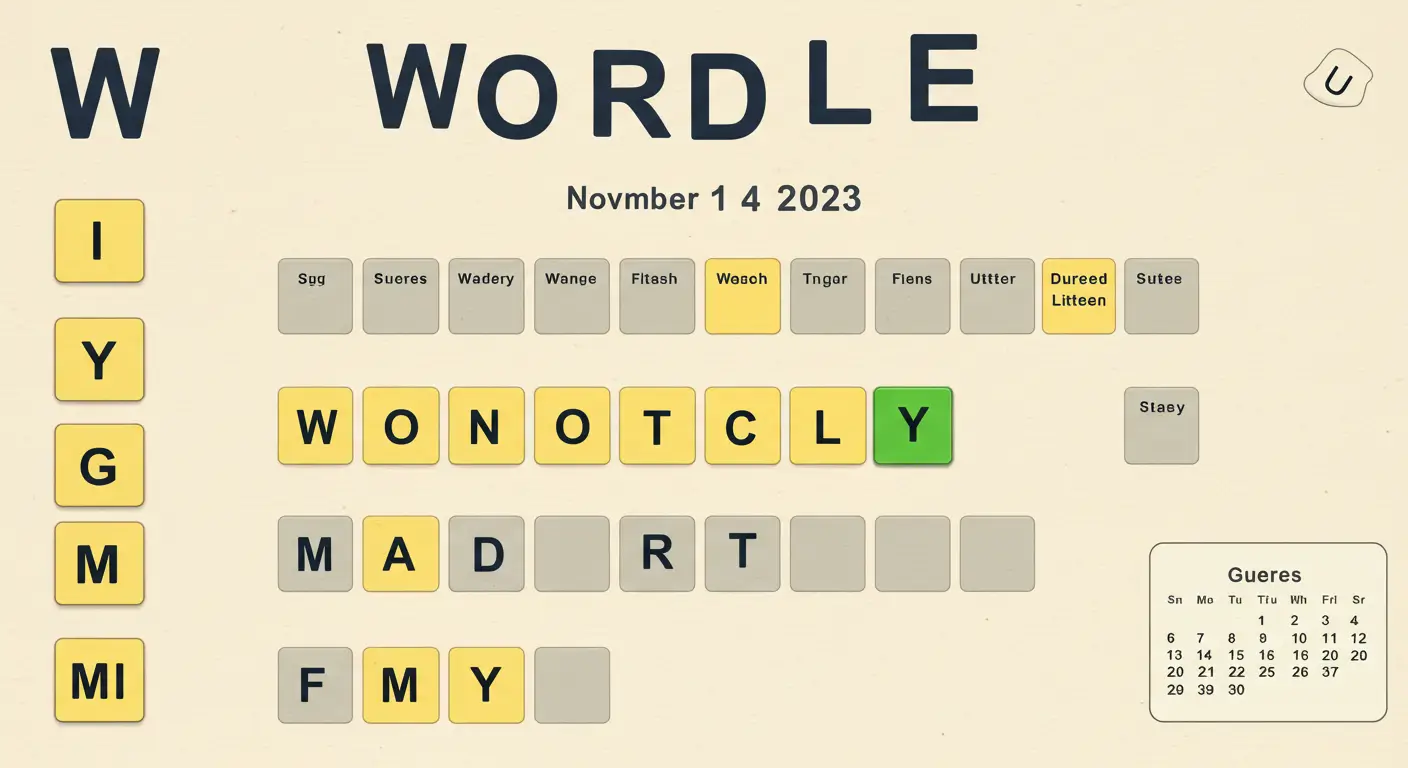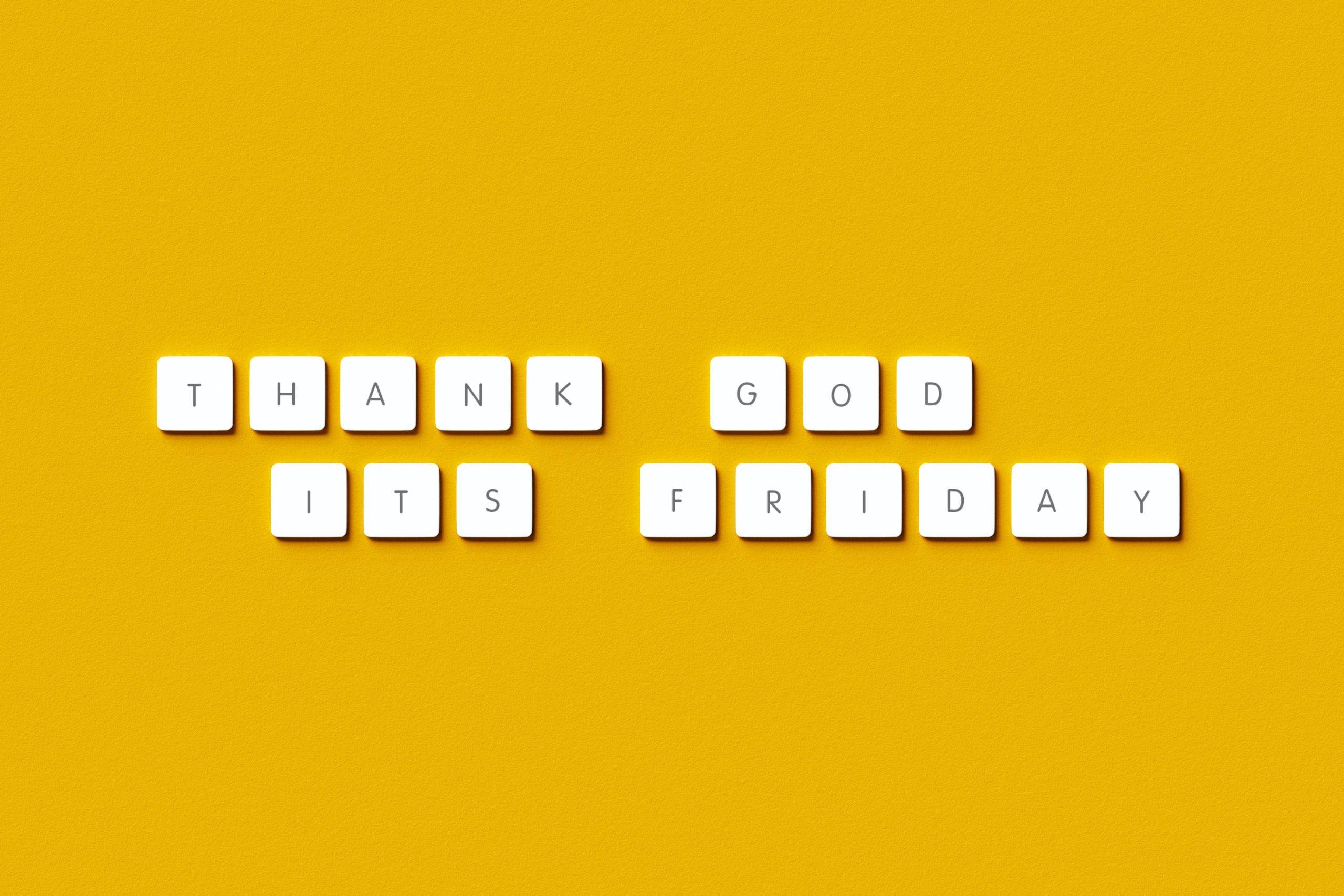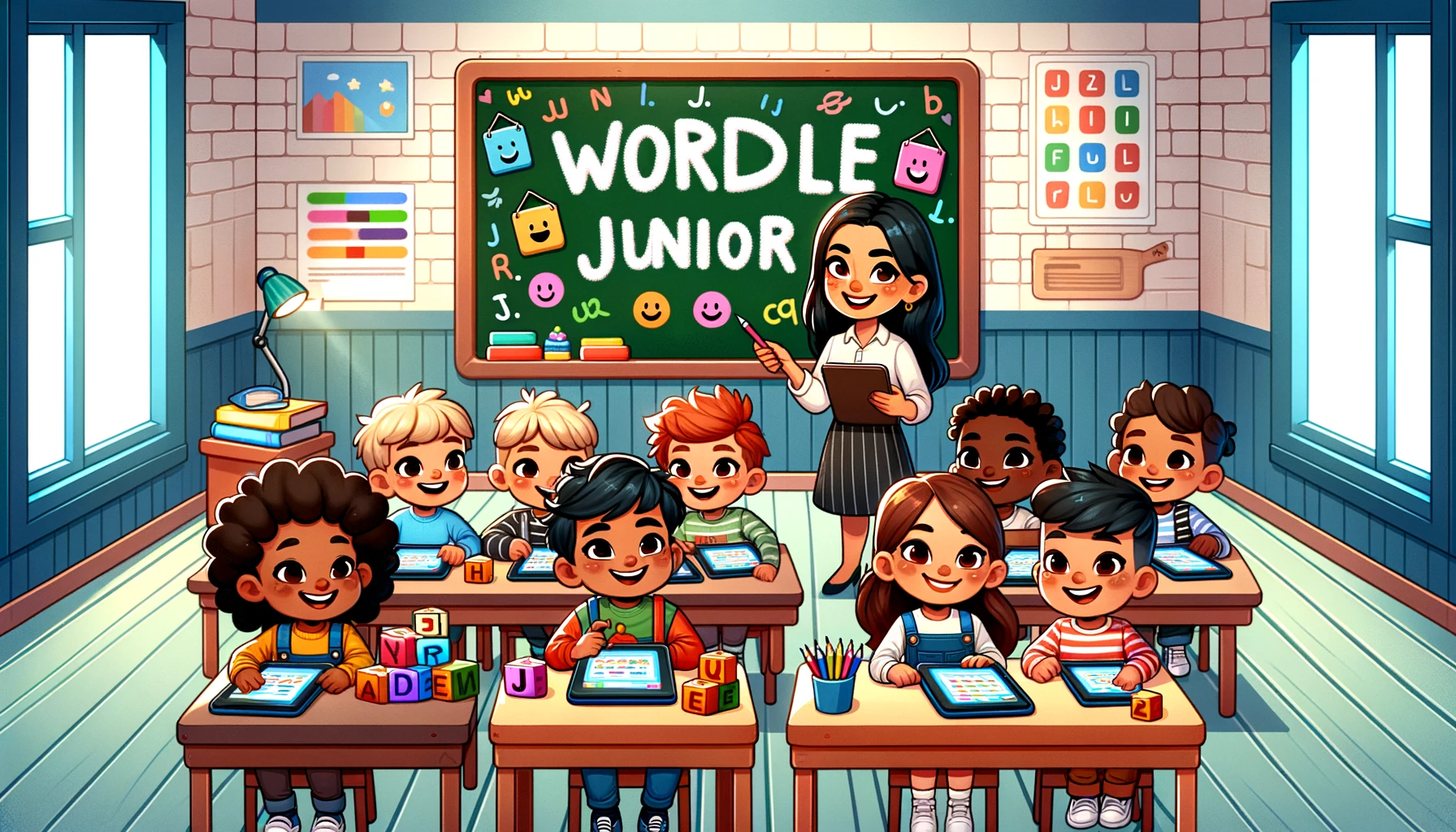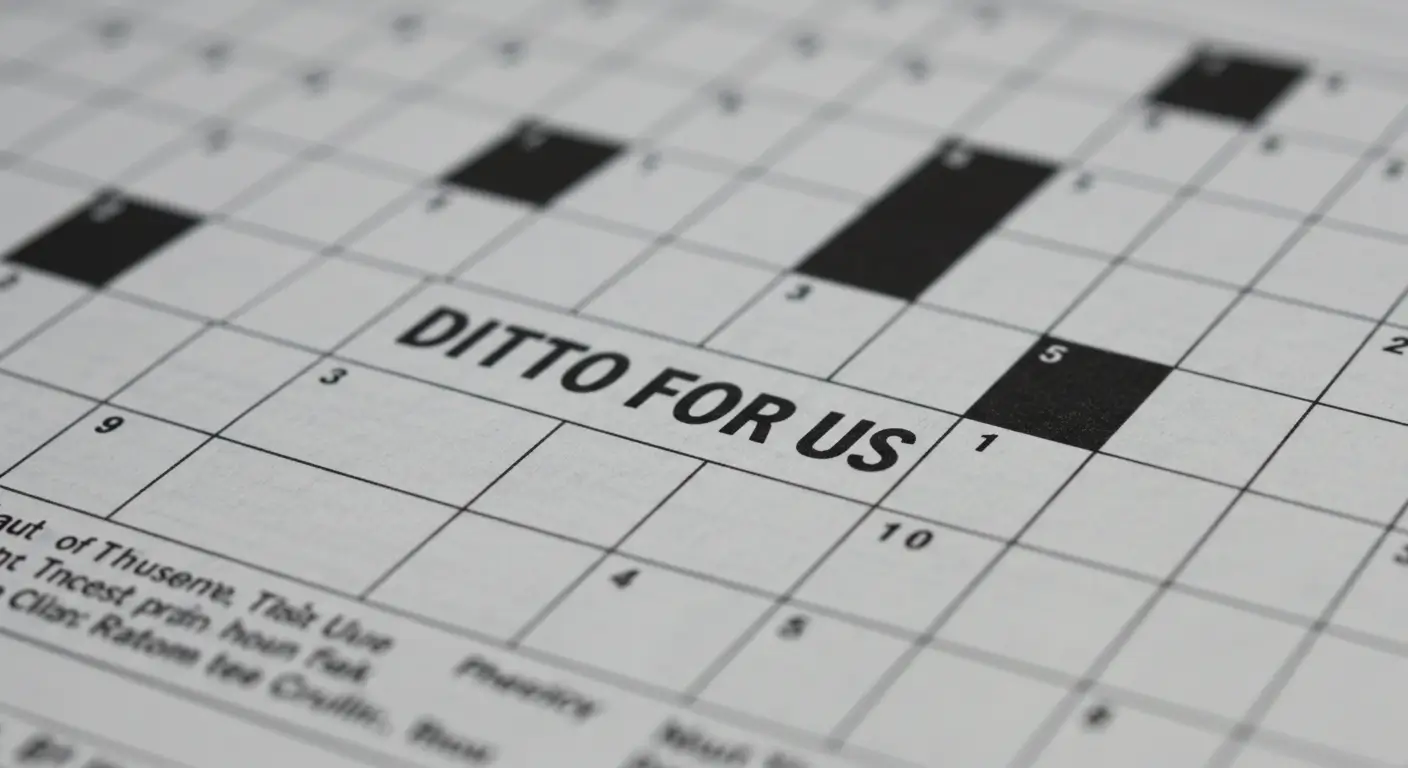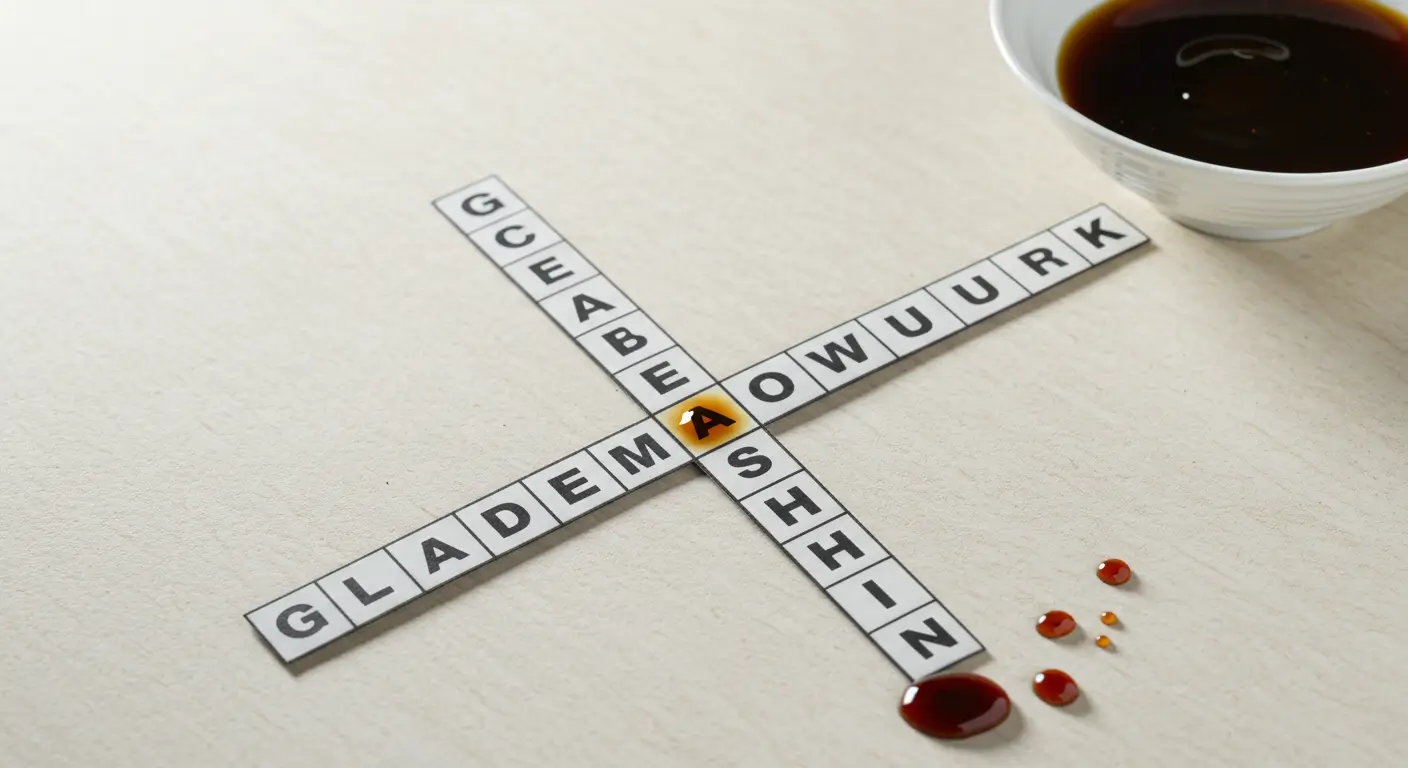Wordle, the daily word puzzle game, has taken the world by storm, providing users with a unique blend of language skills, strategy, and a bit of luck. Players have six attempts to guess a five-letter word, with feedback provided in colored tiles indicating when letters match or occupy the correct position. Over time, dedicated players have developed various strategies to optimize their chances of solving the puzzle efficiently. In this article, we’ll delve into some of these Wordle strategies and discuss the probabilities of success associated with each method.
Table of Contents
Starting with the Right Words and wordle strategy
One popular strategy involves choosing an optimal starting word. An effective opener contains a mix of common vowels and consonants. For example, words like “SLATE,” “CRANE,” and “AUDIO” cover a wide range of commonly used letters. As explained in “Mastering Wordle,” the choice of a starting word can set the stage for either a swift victory or a challenging game ahead.
Letter Frequency and Position
Understanding letter frequency in the English language can significantly aid in guessing the Wordle. Letters such as ‘E,’ ‘A,’ ‘R,’ ‘I,’ ‘O,’ ‘T,’ ‘N,’ and ‘S’ appear more frequently in five-letter words. Equally important is the knowledge of common letter positions, which “How to Play the Wordle Game” describes in depth.
Process of Elimination
Each guess in Wordle provides critical information. Even incorrect guesses can be highly informative, eliminating several possibilities at once. This approach aligns with the “Challenge of Try Hard“, where making educated guesses based on previous feedback can lead to success.

Balancing Risk and Reward
There’s a delicate balance between choosing a word that might be the correct answer and one that strategically tests multiple letters. This is part of the “Try Hard” approach, where players might opt for a less likely answer if it means potentially confirming or eliminating several vital letters.
Probability of Success
The probability of solving a Wordle puzzle can be approached mathematically. Assuming there are about 2,500 possible five-letter words that Wordle could use and no prior knowledge, the chance of guessing the Wordle in one try is minuscule (0.04%). However, each think strategically increases the probability of the next guess being correct, assuming the feedback is used effectively.
An Analytical Approach
In “How to Use Try Hard Guides Wordle,” a more analytical approach to Wordle is proposed. Players are encouraged to treat each guess as a data point, refining their next guess with precision. By the third or fourth guess, if strategic elimination has been employed, the probability of success can spike considerably.
Educational Value and Probability
“Hard Wordle in Education” illustrates that beyond entertainment, Wordle can serve educational purposes. It teaches problem-solving and can enhance vocabulary. Educators can harness the strategic aspects of Wordle to teach students about probability through practical application.
Table of Top Wordle-like Games and Their Features
To complement the Wordle experience, here’s a table showcasing similar games that have made their mark:
| Game Name | Unique Feature | Difficulty | Educational Value |
|---|---|---|---|
| Wordle Junior | Simplified puzzles for younger players, as discussed in “Exploring Wordle Junior.” | Lower | High |
| Word Master | Offers more attempts and complexity in guesses. | Higher | Moderate |
| Quordle | Players tackle four Wordles at once for a multi-tasking challenge. | Very High | Moderate |
| Dordle | Two Wordles are played in parallel, doubling the puzzle-solving. | High | Moderate |
| Lewdle | Focuses on lewd language, for an adult twist on the classic game. | Moderate | Low |
Final Thoughts
Wordle is more than just a game; it’s a daily mental exercise that blends knowledge, strategy, and statistics. Whether a player is new or has been sharpening their skills through guides like “Try Hard Wordle.

